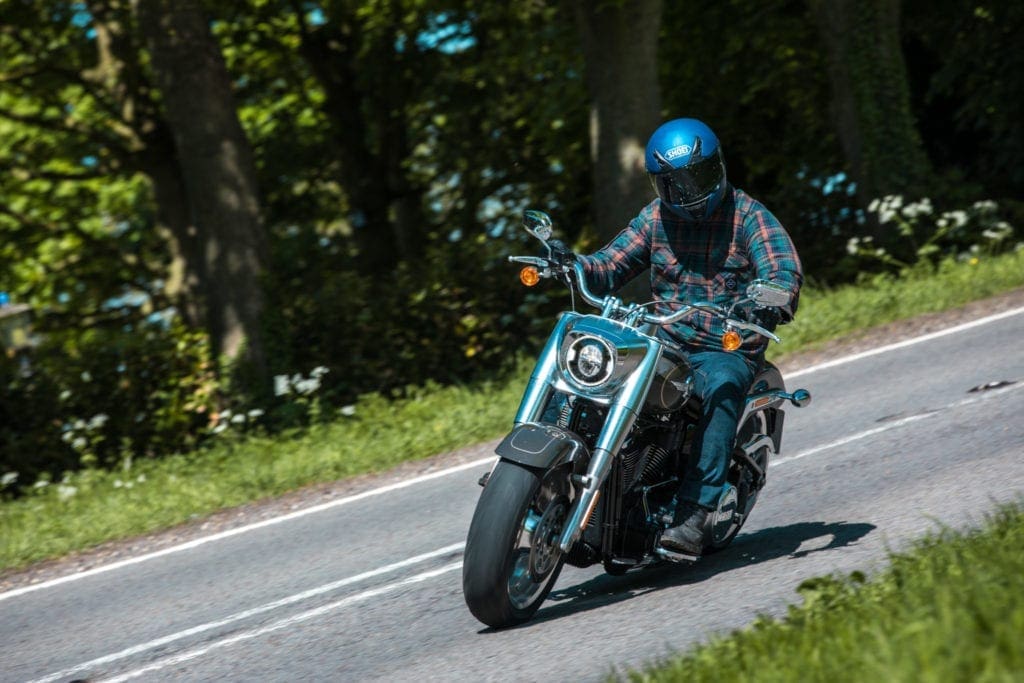A UCLA study funded by Harley-Davidson has revealed a selection of potential mental and physical benefits to riding a motorcycle.

Many motorcyclists champion riding as an invaluable tool for stress relief and positive mental health – and now the results of a neurobiological study conducted by UCLA researchers has yielded pioneering scientific evidence to support that claim.
Researchers recorded participants’ brain activity, heart rate, as well as levels of adrenaline, noradrenaline, and cortisol before, during, and after motorcycling, driving a car, and resting – and found that motorcycling increased metrics of focus and attention, and decreased relative levels of cortisol, a hormonal marker of stress. While riding a motorcycle, participants also experienced increased sensory focus and resilience to distraction. And that’s not all – riding also produced an increase in adrenaline levels and heart rate, as well as a decrease in cortisol metrics – results often associated with light exercise and stress-reduction.

Dr. Don Vaughn, the neuroscientist who led the research team, said: “Stress levels, especially among young adults, continue to rise, and people are exploring pathways to better their mental and physical health. Until recently, the technology to rigorously measure the impact of activities like motorcycling on the brain didn’t exist. The brain is an amazingly complex organ and it’s fascinating to rigorously investigate the physical and mental effects riders report.”
The study found;
- Riding a motorcycle decreased hormonal biomarkers of stress by 28%.
- On average, riding a motorcycle for 20 minutes increased participants’ heart rates by 11 percent and adrenaline levels by 27 percent—similar to light exercise.
- Sensory focus was enhanced while riding a motorcycle versus driving a car, an effect also observed in experienced meditators vs non-meditators.
- Changes in study participants’ brain activity while riding suggested an increase in alertness similar to drinking a cup of coffee.
UCLA Professor and senior team member Dr. Mark Cohen, said: “While scientists have long-studied the relationship of brain and hormone responses to attention and stress, doing so in real-life conditions such as these is rare. No lab experiment can duplicate the feelings that a motorcyclist would have on the open road.”
Dr. Vaughn added: “The differences in participants’ neurological and physiological responses between riding and other measured activities were quite pronounced. This could be significant for mitigating everyday stresses.”
For more information on the study, click HERE.


